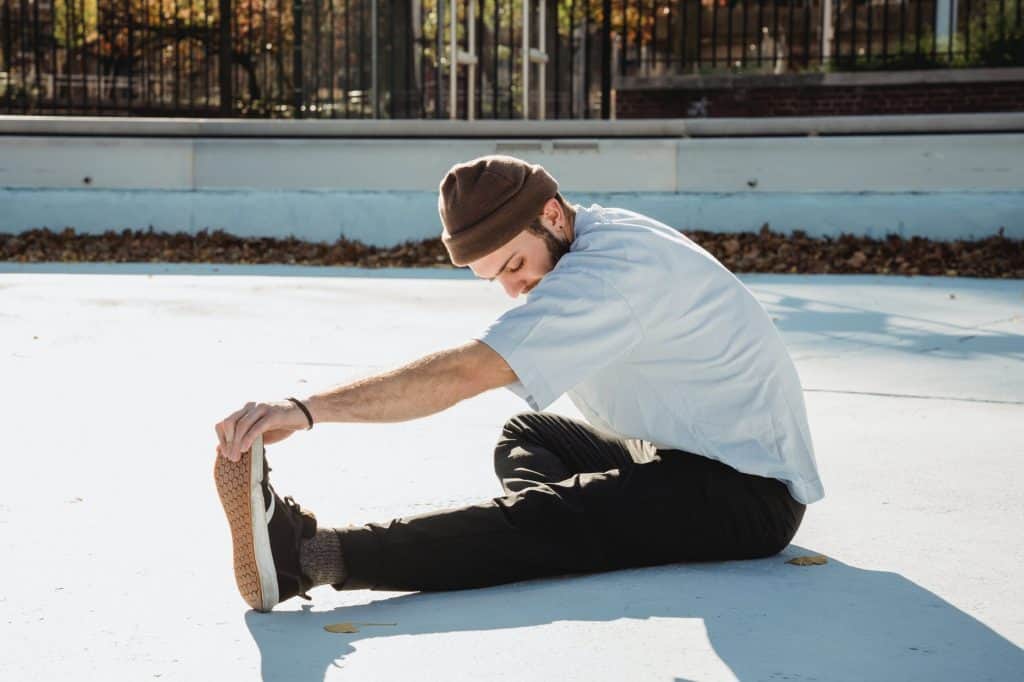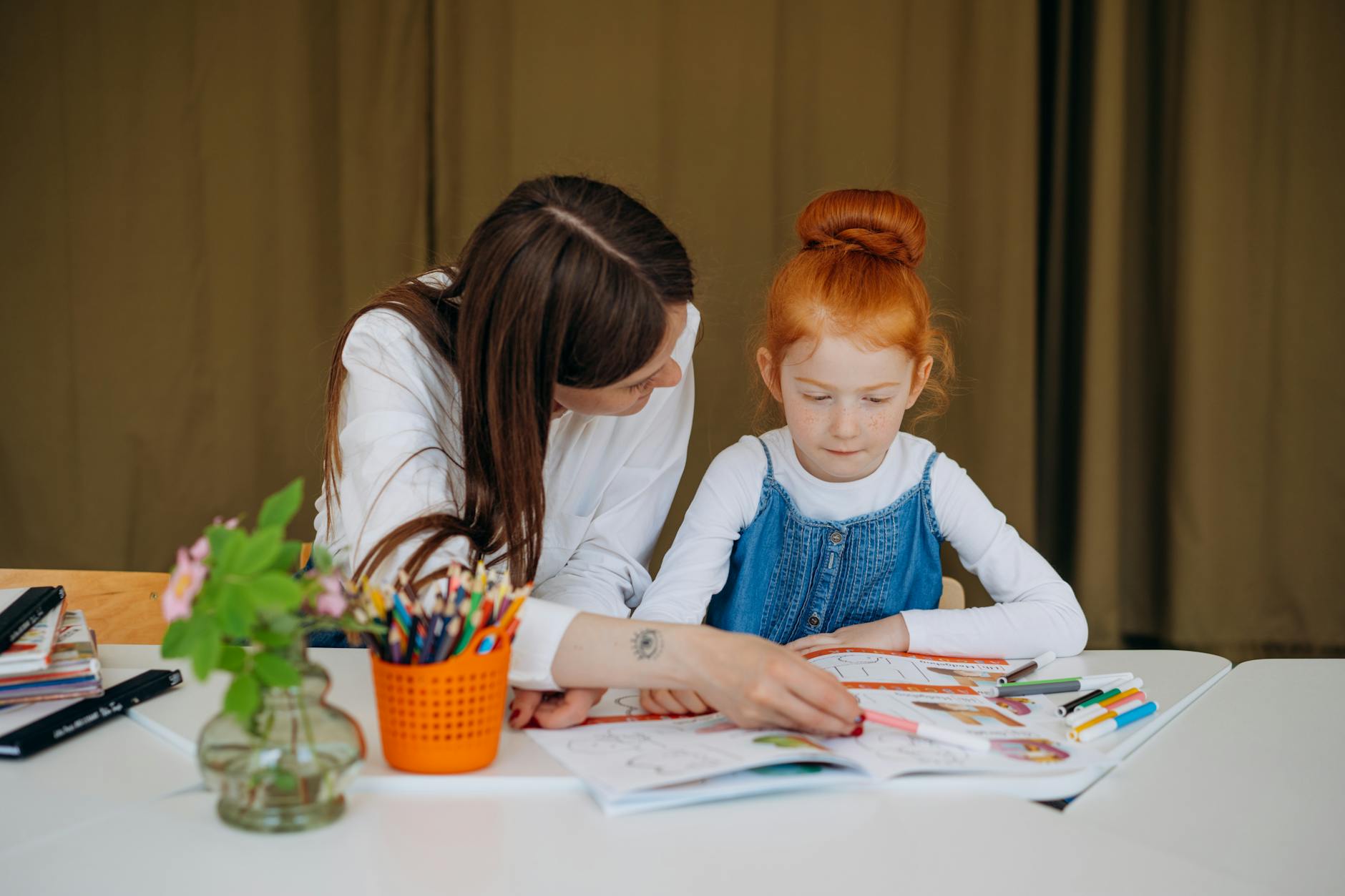Try These 5 Social Skills Activities for Teletherapy & Virtual Lessons

|
Getting your Trinity Audio player ready...
|
Many of the activities we did before COVID-19 were done in social skills groups in schools or in clinical settings. Some social skills lessons were done one on one with a counselor and client in an office, or in homes with the family with a behavior specialist, mobile therapist, or similar support staff.
Now that many social skills activities are done virtually with the onset of COVID-19, it is important to discuss some options for working with and engaging our clients.
What Skills Do the Activities in This Article Address?
The activities in this article are for students or clients who may need to work on skills such as: having a conversation, taking another’s perspective, understanding empathy, waiting their turn, actively listening, building their confidence/self-esteem, developing self-advocacy, understanding emotions, and solving problems.
5 Social Skills Activities for Teletherapy & Virtual Lessons
Be sure to obtain parental permission for any and all activities
1. Play a game in which your student or client has to practice ordering items, or asking questions over the computer or phone.
For instance, your client can pretend to order pizza, ask questions about their electric bill, call their landlord because their sink is leaking, or video-chat with their teacher about something they don’t understand. You can discuss the steps needed to place the call and act out the call. You will be the person on the other end, taking the order, answering questions etc.
If your student is unsure what to do you can use visuals, give multiple-choice options, etc.
For instance, let’s say your student has to call the electric company about a power outage – what would they do first
a. pick up the phone and start asking family members for the phone number

b. do a google search of the number

c. decide they don’t know the number and send a letter instead

Images can be used to facilitate multiple-choice responses. For students with severe language needs and cognitive challenges, one or two images at a time are best. So maybe just show two options or the correct option only. There are thousands of Google Images that can help with social skills lessons.
You can even make up your own cards with questions and multiple choice responses in written or visual form.
You can also pick different scenarios to discuss how someone else might feel or how your student might feel. For instance, if you started asking all your family members for the number to the electric company what might they think/feel? What would you think if someone asked you for the number?
2. To build social connections and communication skills, use social skills card games and books.
Social Skills card games will allow you to ask your student or client fun and engaging questions or show them interesting pictures.
Social skills games can focus on a variety of things such as how to solve problems, understand and communicate emotions, make friendships, handle bullying, and building confidence and self-esteem. Students also build turn-taking and listening skills.
Research also indicates that social skills books are beneficial for children. See 10 Great Books to Teach Social Skills for more about this topic.
I am also a big fan of What Should Danny Do?. This interactive social skills book lets children make choices throughout the story.

3. Utilize Engaging Worksheets or Workbooks
There are dozens of free social skills worksheets online to go through problem-solving. For instance, education.com has social skills worksheets for younger students or those with more severe language needs.
If you search Google Images for social skills worksheets for teens, a variety of options come up. You can also search Google Images for worksheets for kids, worksheets for individuals on the autism spectrum, those with ADHD or ODD, etc.
Research shows that the Coping Cat Workbook helps youth reduce anxiety and develop coping skills.
Related Article: Five Great Activities to Do with Your Social Skills Group
4. Do a Movement-Based, Hands-On, or Creative Activity with Your Student
Research shows that incorporating proactive strategies such as regular exercise, creativity, and/or hands-on activities into our lives:
- helps us learn to follow routines
- teaches us to problem solve
- enables us to become more confident in our skills and abilities
- helps us practice persistence
- allows us to build stamina
- decreases our stress and anxiety
- improves our flexibility, health, and happiness
- improves cognitive functioning
- helps us bond with others when working together
Some ideas of activities you can do virtually together include: stretching, yoga, jump rope, jumping jacks, dancing, drawing, knitting, sewing, painting, building (e.g., build a house of cards), singing, song-writing, poetry writing, baking, cooking, etc.
In some cases, you and your client may be able to work on something or do something outside “together” virtually. That would be fantastic because nature is another natural remedy for stress and anxiety.

5. Build Communication Skills With Five Things Your Client Likes, Is Interested In, or Excels In
Take these five things and put them each on their own piece of paper in a hat, cup, etc. If able, have your student do the same. Take turns picking a paper from the cup.
Whatever is chosen will be the theme. So if your students likes Minecrarft, Roblox, Pizza, Star Wars, and Baseball, then those topics would go in the cup. Once the topic is drawn, the goal will be to have a reciprocal exchange about the topic.
For instance, you may look at a Star Wars picture or video together.

Then you might ask your student what they like about the picture or what it makes them think of. Reply to their response with interest and understanding. Then encourage them to ask you what you think of the picture, and reply to your response, etc.
You need to consider the students language abilities when determining how you want to implement this activity.
Research-References:
- Cognitive-Behavioral Therapy with Youth
- Promoting Social and Emotional Learning with Games
- Interest Matters: The Importance of Promoting Interest in Education
- Social Skills Training for Teaching Replacement Behaviors: Remediating Acquisition Deficits in At-Risk Students
- Bibliotherapy for Youth and Adolescents—School-based Application and Research
You may be interested in Model Me Kids: Videos for Modeling Social Skills: Model Me Kids produces dozens of videos to teach kids social skills that will help them develop better relationships. Video modeling is a research-based practice. Here is a sample video.
You can view more of the Model Me Kids Video Program here.
Education and Behavior – Keeping Us on The Same Page with What The Research Says is Best for Children’s Academic, Behavioral, and Social-Emotional Development.






